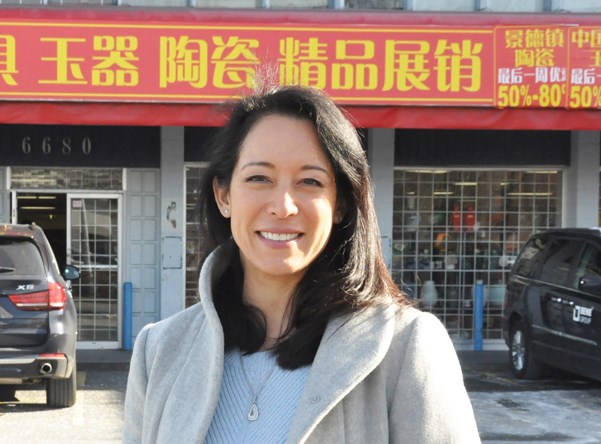A Richmond motion to push for a registry for municipal lobbyists was criticized by one city councillor as being too restrictive for community activists.
A last-minute motion to send a resolution to the Union of B.C. Municipalities’ fall meeting was brought to council’s committee meeting on Monday by Coun. Chak Au and was supported by all councillors except Coun. Alexa Loo.
“We know there are lobbying activities in the city,” Au told the Richmond News, adding that, instead of letting them be in the dark, “let them be as transparent as possible.”
The motion is to create a lobbyist registry that mirrors the provincial one. Provincially, a lobbyist is defined as someone who speaks to MLAs, their staff or government officers or staff in order to influence legislation, regulations, policies, contracts and grants or is trying to arrange a meeting with a public office holder. This can be done on behalf of a client or an organization. If an organization lobbies at least 100 hours per year, anyone from the organization lobbying is considered an in-house lobbyist.
Au said he likes the provincial two-year cooling off period after certain high-level MLAs, like cabinet ministers, leave office whereby they can’t work as lobbyists. He thinks this should be applicable to municipalities as well.
But Loo argued if a municipal lobbyist registry were created, it would encompass local non-profit groups as well and activists who present to council would then have to register as lobbyists.
She said she doesn’t want to hamper Richmond residents or local non-profits who are passionate about issues but whose work exceeds the 100-hour threshold from speaking to council, for example, the Rick Hansen Foundation or the Richmond Poverty Response Committee that are part of the community.
“We know who you are in the community, do you have to register as a lobbyist?” Loo said. “Do we want people within our own community to feel restricted from coming forward and speaking at council?”
She said most of the lobbying comes from small non-profits in the community, not from corporations like oil-and-gas companies.
“Those are the people we’re going to hurt the most by implementing this rule is how I see it,” she said.
In addition, if there were a cooling off period for council members who weren’t re-elected, it would hinder their ability to work in certain types of jobs.
She pointed out that MLAs who retire from the legislature get a pension, but former council members don’t, therefore, the latter might need work in an area that’s considered lobbying.
“Mostly I want the people of Richmond to feel comfortable that they can come forward without being branded a lobbyist or anything else,” she said.
She gave the example from her youth of Stormin’ Norman, Norman Wrigglesworth, who lobbied Richmond council for years to get smoking banned in public places in the 1980s.
“He worked tirelessly - does an individual guy in your community have to (register) because he does a hundred hours of work?” Loo said. “Is that going to hold him back from doing the work he’s passionate about because he has to wear this label around his neck?”
Loo said she doesn’t know what is happening at other municipalities, and suggested the situation in Vancouver might be different, but she didn’t see a need in Richmond.
“I don’t know that we have a situation where we’re being over-lobbied by any group,” she said.
Furthermore, if the motion is dealt with at UBCM, it’s possible that more rules would be added, for example, restricting former lobbyists from running for council.
“How far does this rule end up going?” she said, adding it might restrict people who have gone door-knocking about different issues to then run for office.



